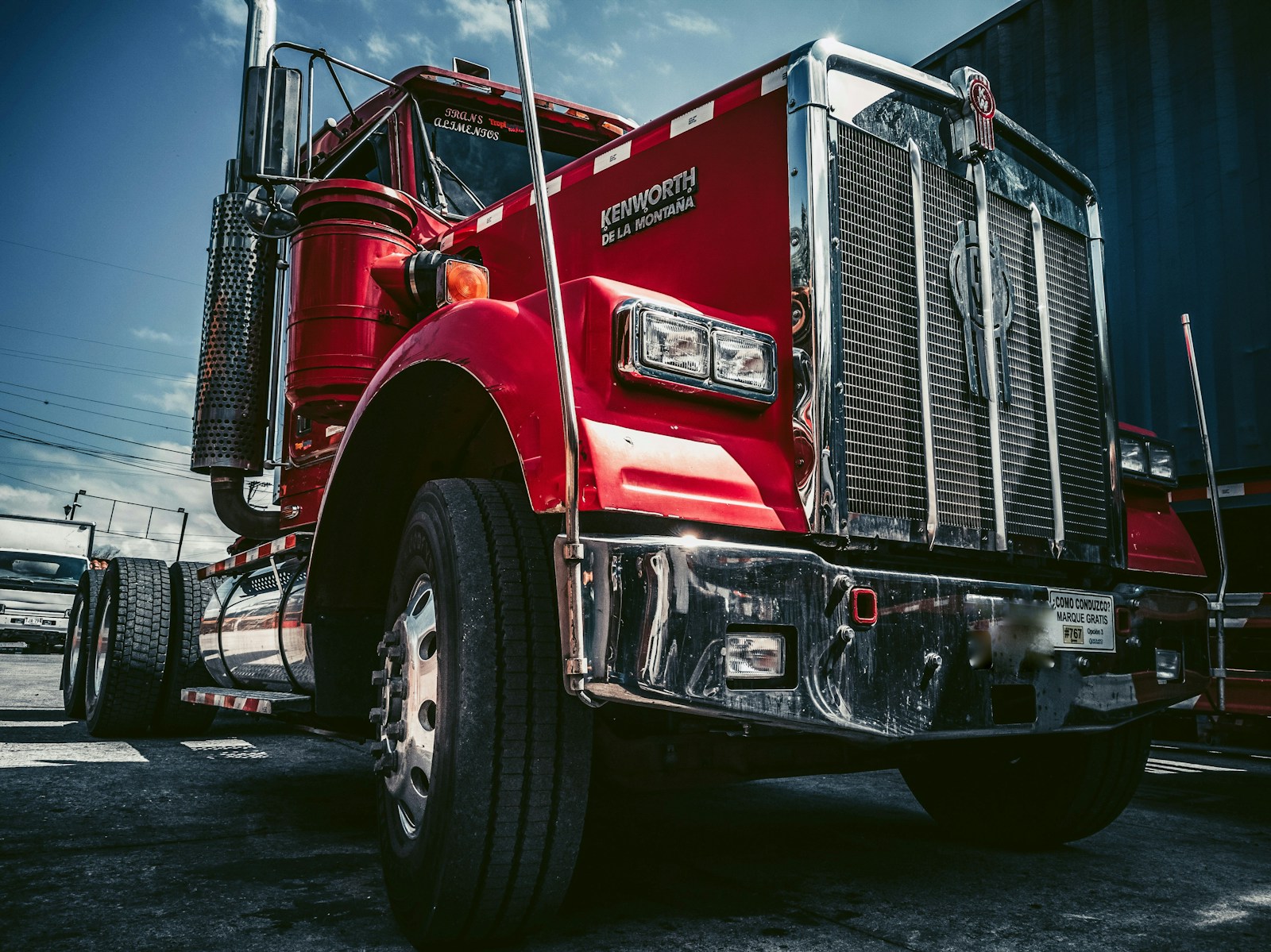Favoured for their stunning looks and performance enhancements, Alloy Wheels are popular among both car enthusiasts and everyday drivers. This comprehensive guide offers thorough instructions for maintaining alloy wheels in the UK and includes a section on alloy refurbishment for more serious cases.
Table of Contents
- Introduction
- Tools and Materials
- Cleaning Alloy Wheels
- Protecting Alloy Wheels
- Repairing Alloy Wheels
- Alloy Refurbishment
- Introduction
Alloy wheels, made primarily of aluminium and other light metals, are superior to traditional steel wheels, offering enhanced performance, better fuel efficiency, and an attractive appearance. Consistent maintenance and sometimes alloy refurbishment are necessary to maintain these advantages and your vehicle’s value.
2. Tools and Materials
Before starting maintenance or a refurbishment project for your alloy wheels, ensure you have these tools and materials ready:
- A hose or bucket of water
- Car wash soap or alloy wheel cleaner
- Soft bristle brush or microfiber cloth
- Wheel brush
- Wheel cleaner brush (optional)
- Wheel cleaner gel (for stubborn grime)
- Wheel wax or sealant
- Applicator pads or microfiber towels
- Plastic bags or wheel covers
- Latex gloves (optional)
- Jack and jack stands (for wheel removal, if necessary)
- Socket set (for wheel removal, if necessary)
- Wheel repair kit (optional for minor damage)
- Alloy refurbishment kit (if needed for extensive repairs)
- Cleaning Alloy Wheels
Cleaning your alloy wheels regularly is crucial to prevent damage from accumulated brake dust and road grime.
- Step 1: Prepare Your Workspace
- Park your vehicle in a shaded area to avoid cleaning solutions drying too quickly.
- Ensure your alloy wheels are cool to the touch to prevent damage from temperature fluctuations.
Step 2: Rinse
- Begin by rinsing the wheels with water to remove loose dirt and debris.
Step 3: Apply Cleaner
- Use a wheel cleaner or a mixture of car wash soap and water to apply a generous layer of cleaner to the wheels. Allow it to dwell for a few minutes to loosen stubborn grime.
Step 4: Scrub
- Gently scrub the wheels with a soft bristle brush, wheel brush, and wheel cleaner brush if needed. Be cautious not to scratch the surface.
- Pay extra attention to the nooks and crannies where dirt tends to accumulate.
Step 5: Rinse Again
- Rinse the wheels thoroughly to remove all cleaning residue.
Step 6: Dry
- Dry the wheels using a clean microfiber towel to prevent water spots.
- Protecting Alloy Wheels
To keep your alloy wheels shiny and protected, it’s advisable to apply a wheel wax or sealant.
- Step 1: Apply Wax or Sealant
- Use an applicator pad to apply a thin, even wheel wax or sealant layer.
- Follow the product’s instructions regarding drying time.
Step 2: Buff
- After the recommended drying period, buff the wheels with a clean microfiber towel until they shine.
- Repairing Alloy Wheels
For small damages, a wheel repair kit may suffice, but major damage often requires professional alloy refurbishment.
- Step 1: Clean the Damaged Area
- Ensure the damaged area is clean and free from any dirt or debris.
Step 2: Apply Filler
- Use the wheel repair kit to apply filler to the damaged area. Follow the kit’s instructions carefully.
Step 3: Sand and Smooth
- Once the filler has dried, sand it to create a smooth surface. Gradually use finer grit sandpaper for a polished finish.
Step 4: Paint
- If necessary, use touch-up paint to match the wheel’s colour and paint over the repaired area.
Step 5: Protect
- Apply a wheel wax or sealant to the entire wheel to protect the repaired area.
- Alloy Refurbishment
When facing severe damage like deep scratches or significant corrosion, professional refurbishment services are necessary to restore your wheels to their original state.
In summary, proper maintenance of your alloy wheels in the UK is a sound investment that enhances your vehicle’s appearance and extends the lifespan of your wheels. Regular cleaning and protective measures are important, but in the case of serious damage, professional alloy refurbishment is recommended.







